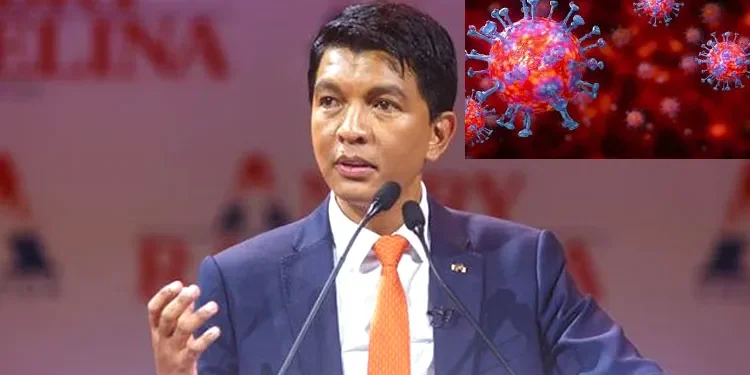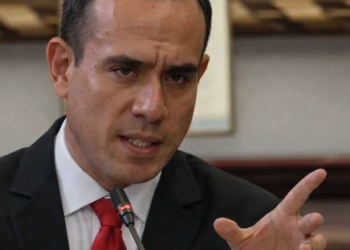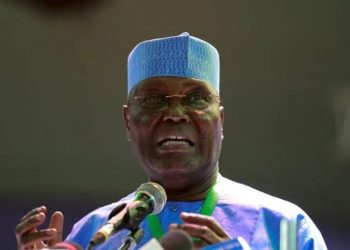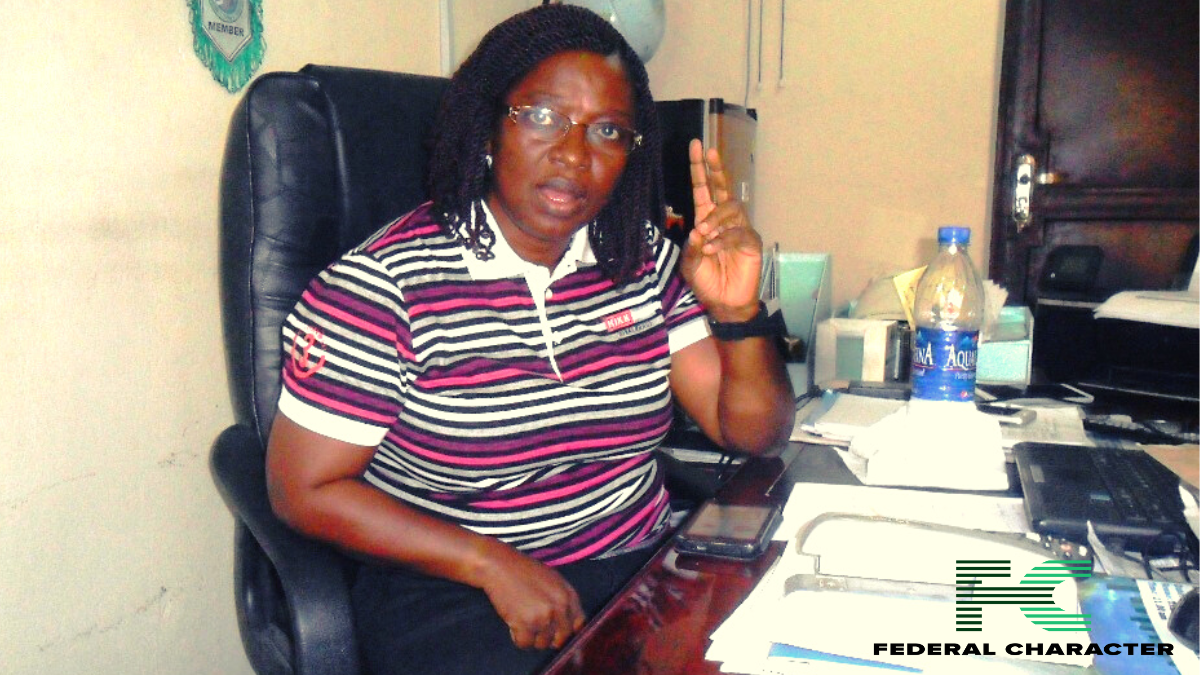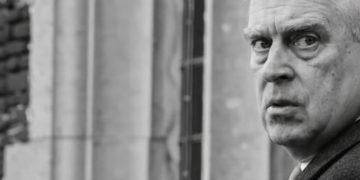President Andry Rajoelina’s decision to dissolve his government is the act of a seasoned politician desperately trying to deflect an existential crisis, not the move of a leader genuinely contrite over service failures. His public apology—“I understand the anger… I heard the call” and the ‘oh-so convenient’ scapegoating of his cabinet for the persistent power cuts and water supply problems are little more than a smokescreen.
The reality is that the chronic under-investment, mismanagement, and corruption that plague the state-owned utility, Jirama, are systemic failures that span his multiple, controversial tenures in power, which began with a 2009 coup and continued through a 2023 election that was largely boycotted due to legitimacy concerns.
These youth-led protests, inspired by “Gen Z” movements in Kenya and Nepal, are not merely about delayed infrastructure projects; they are a rejection of a deeply flawed political system that has failed to deliver basic necessities to the world’s fourth-poorest nation.
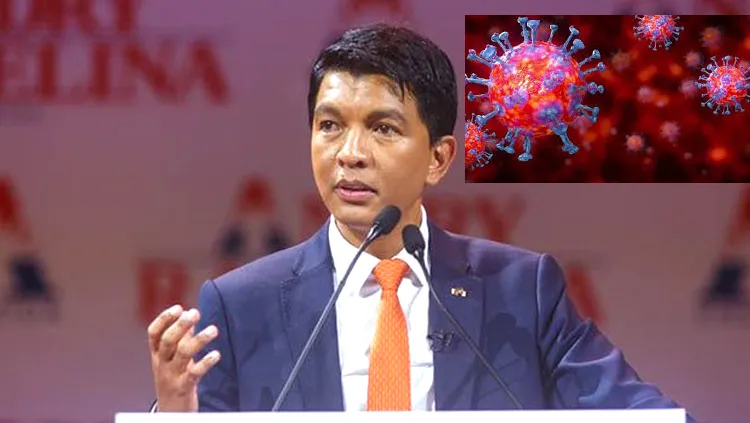
With the UN High Commissioner for Human Rights reporting a shocking death toll of at least 22 casualties—some at the hands of security forces—the focus must remain on the state’s violent response, not Rajoelina’s performative restructuring.
Dissolving the government allows the President to shed responsibility, manage the narrative, and appoint a new, loyal cabinet, thereby consolidating his executive power rather than addressing the root causes of the widespread public fury.
On the other hand, the immediate crisis calls for immediate, multi-pronged solutions. Madagascar must simultaneously address its infrastructural collapse and its democratic deficit to prevent a slide back into sustained political violence and long-term instability.

